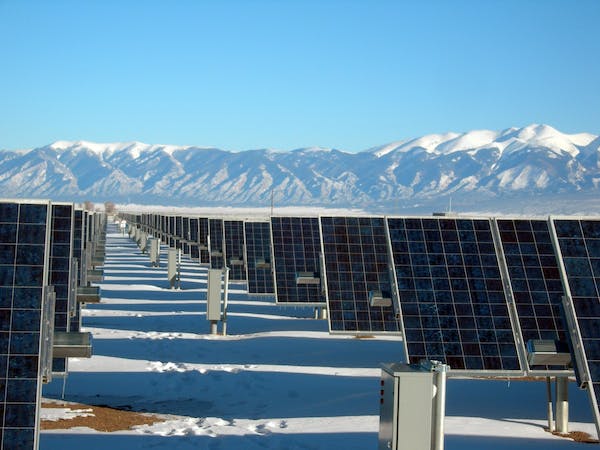Solar panels can be a great way to reduce your electric bills. They also help your home’s resale value. The solar panel system you choose depends on your location and roof type. It’s also important to consider the weather.
The installation process is long but will pay off in the long run. Once all the permitting is completed, and you’re ready to go, your solar power system can be turned on.
Maintenance
If you own a home with a solar power system, you’re likely wondering about its maintenance costs. Solar panels are generally self-maintaining and require only regular inspections and cleaning. If your roof is prone to heavy snowfalls, consider adding insulation over the panels in the winter to prevent them from freezing in place and breaking. However, if you notice a significant drop in the energy your solar panels produce, it’s best to have them inspected. This is a great indicator that they need repair, and it’s essential to address this immediately. The best way to keep your solar panel system running smoothly is to sign up for a maintenance plan. This will help reduce the cost of repairs and ensure that everything is always working properly.
In addition, a good service package will also provide additional benefits and guarantees that are not covered by your warranty. This can include performance monitoring, energy recommendations, and discounts on system upgrades. The best solar panel installation company will prioritize your needs and offer a comprehensive O&M services plan. This will ensure that your solar system is operating at peak performance and you’re getting the most out of it. This can save you money in the long run and allow you to enjoy your solar panel system for years.
Cost
Solar panels are a major up-front investment, but they can produce up to 30% cheaper electricity than utility energy in most locations. This makes them a sound financial choice for many homeowners, and government incentives can make up for the hefty initial costs. Before making a final decision on a solar power installation, compare shops. Get quotes from three competing service providers. This can help you avoid a sales pitch and ensure you pay only a little for your solar system. The cost of solar power installation is affected by many factors, including your home’s location and energy needs. It also depends on the size and type of your solar panels, inverter and equipment options, permits and inspection fees, labor costs and tax credits. Another critical factor in determining your cost is the efficiency of your solar panels. Panels with a higher efficiency rating are more expensive up-front, but they can save you money on energy costs over their lifetime. The cost of solar panels has dropped 65% over the past decade. A standard 6 kW residential solar system is now $15,200 or less before federal and state tax credits.
Energy Savings
Solar panels are a cost-effective solution that can save customers money on electricity bills. However, the amount your customers will save will depend on their location and how much grid electricity they receive from the local utility company. You should first work out their monthly average energy usage to calculate how much your customers will save with solar power. This can be derived from their utility bill or their online billing portal.
Once you have this information, you can estimate the size of a system that best fits their needs. Larger systems, with greater capacity, produce more electricity and save more money over time. Depending on your state, there may also be incentives or tax credits to make a solar installation more affordable for your customers. These can include cash back, property tax exemptions and waived fees. Another benefit of solar power is that it helps lower your carbon footprint. The National Renewable Energy Laboratory (NREL) found that solar power reduces the average homeowner’s carbon footprint by 20 percent. Solar power can be used for various purposes, such as running lights and small appliances or generating electricity to sell back to the power company. In addition, it can be paired with battery storage to keep your home up and to run in the event of a power outage.
Tax Credits When you install solar power, you can claim federal tax credits for a percentage of the cost. This credit is called the Investment Tax Credit (ITC) and can be applied to your income taxes. The ITC is a major incentive for homeowners to go solar, and it’s gotten more popular as utility prices have soared. It’s important to note that solar is a long-term investment. As a result, it’s often a good idea to go solar as soon as possible. This allows you to take advantage of the 30% tax credit and save money on your electricity bills as soon as possible. In addition to the federal tax credit, many states offer additional incentives. These can be a great way to help offset the installation cost, but you should check with your local government before you decide whether to install solar.



